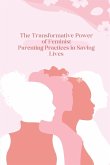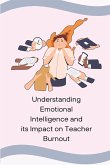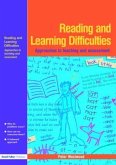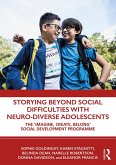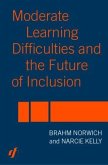Little is known about the quality of socially anxious individuals' romantic relationships. Because social anxiety is associated with negative perceptual biases toward one's own interpersonal interactions, research on this topic needs to move beyond self-report. The present research was aimed at better understanding of the romantic relationships of the socially anxious, with a focus on social support and perceived criticism as assessed from multiple perspectives. In Chapter 1, we examined longitudinal associations between social anxiety, social support, and relationship dissolution and compared levels of support behavior between couples high and low in social anxiety during a laboratory-based interaction. Men's social anxiety and low perceived, but not received, support predicted higher rates of break-up one year later. Although individuals high in social anxiety reported lower levels of support during the interaction task than those low in social anxiety, the two groups did not differ on partner- or observer-rated measures of support. In Chapter 2, we examined associations between social anxiety, perceived and expressed criticism, and reactions to criticism. Social anxiety was unrelated to perceived criticism, but was associated with greater self-reported global expressed criticism of one's partner. Among women social anxiety was related to being more upset when criticized by a partner. High and low social anxiety couples did not differ in criticism during a laboratory-based problem-solving task, though high social anxiety participants tended to be more upset by criticism. In Chapter 3, we compared levels of perceived and expressed criticism and reactions to criticism among individuals with social anxiety disorder, with other anxiety disorders, and with no psychiatric disorder. Individuals with anxiety disorders showed elevated levels of interaction-specific perceived criticism, expressed criticism, and upset and stress due to criticism relative to normal controls; however, the two anxious groups did not differ on any measures. Upset due to criticism mediated the association between diagnosis and relationship satisfaction. Collectively, results suggest that social anxiety is associated with difficulties even in established romantic relationships and point to perceptions of social support and criticism as fruitful targets for intervention in this population.
Bitte wählen Sie Ihr Anliegen aus.
Rechnungen
Retourenschein anfordern
Bestellstatus
Storno


